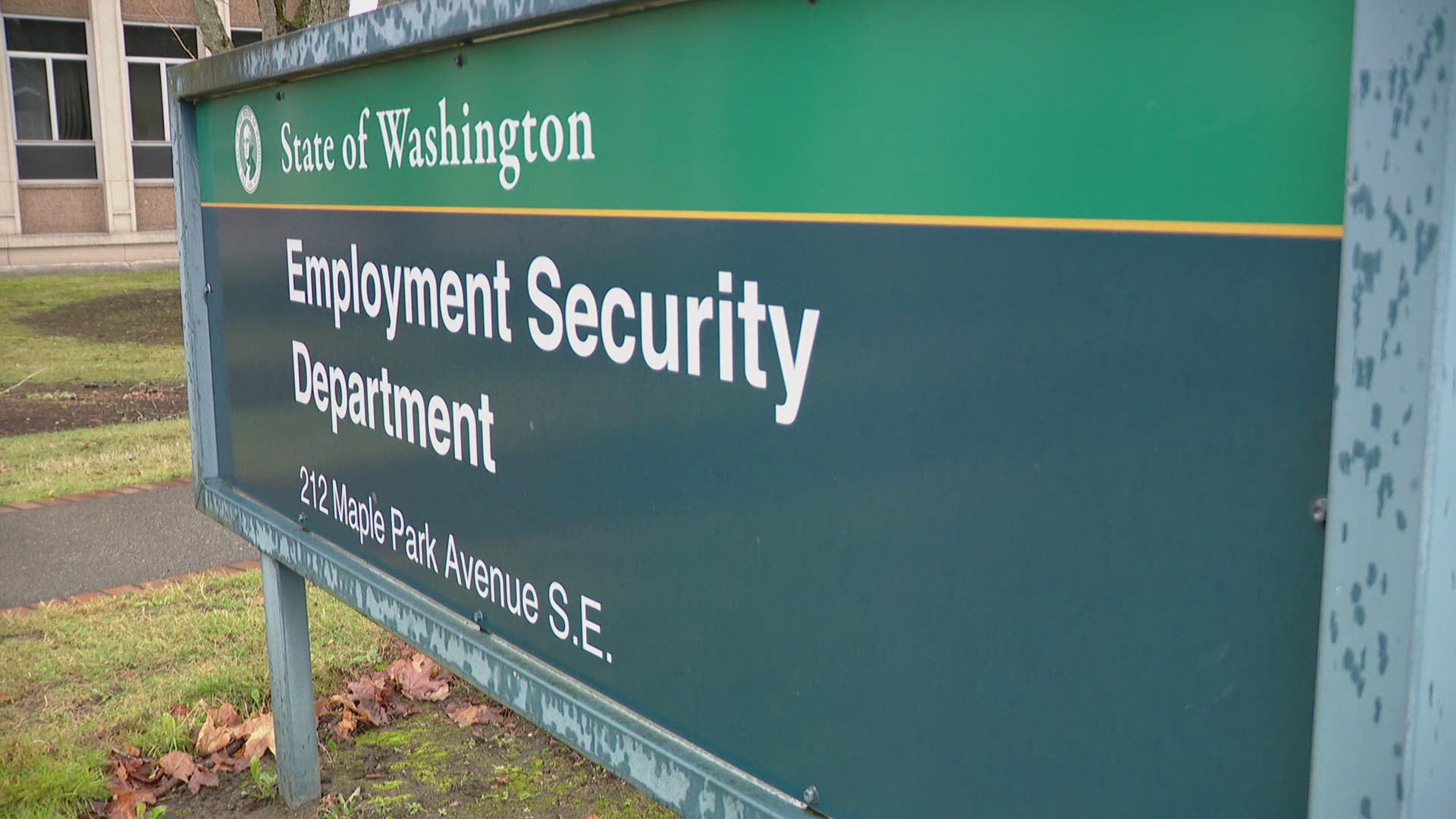By day, Molly Hackett helps run the meeting and planning firm Nix in Maplewood.
“We arrange conferences, meetings and events for our clients,” she said.
But she and her sister, Jane Quinn, have another passion that keeps them busy on the side. They’re principal partners in the Exchange Initiative.
“It’s to bring awareness to minors in sex trafficking in travel and tourism,” Hackett said.
The duo recently worked with a development team involving Washington University to roll out a new free smart phone app called Traffick Cam. It’s designed to allow the public to help police combat the growing issue of human trafficking.
“It’s happening in every kind of hotel, from the five star to the ones that only drug dealers stay at. We’re seeing more boys and girls between ages of 14 and 16,” said Sgt. Adam Kavanaugh with the St. Louis County Police Department.
The app allows hotel guests to enter information about where they’re staying, including the hotel name and room number. They can also upload four pictures of their room, leaving out any personal belongings.
Quinn said, “Try to capture the pictures or lamps or other décor items.”
She added that it’s important to show descriptive features of the room and different angles.
Investigators across the U.S. can then cross-reference with hotel photos of trafficking victims that typically appear online to see if there are any similarities using cutting-edge image analysis.
“The search algorithms will run and return to the investigators the most probably location of those victims,” Hackett said.
The hope is the app will cut down on the amount of time police need to try and intervene in a sex trafficking case.
“We’ll be able to identify more closely were they are at,” Kavanaugh said.
To date, the app has more than one million hotel photos. Police can also upload photos to the database.
Hackett said the program has an 85% success rate of returning the correct location within the first 20 options to officers.


